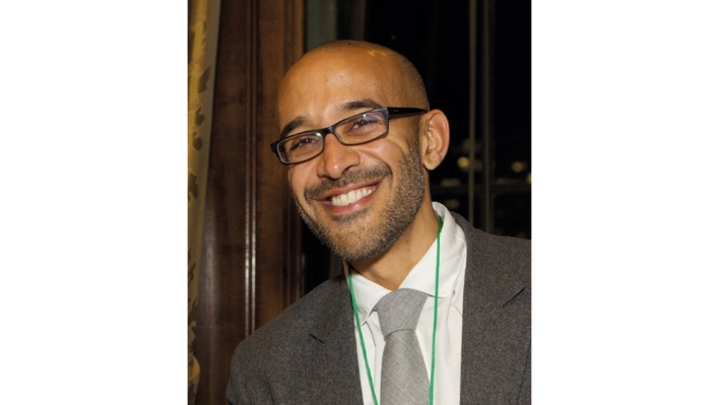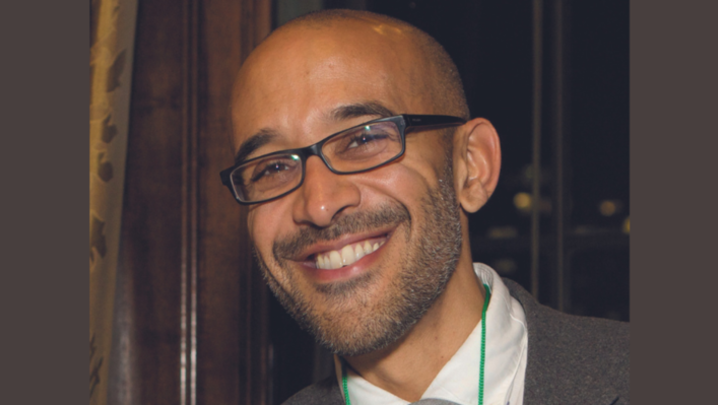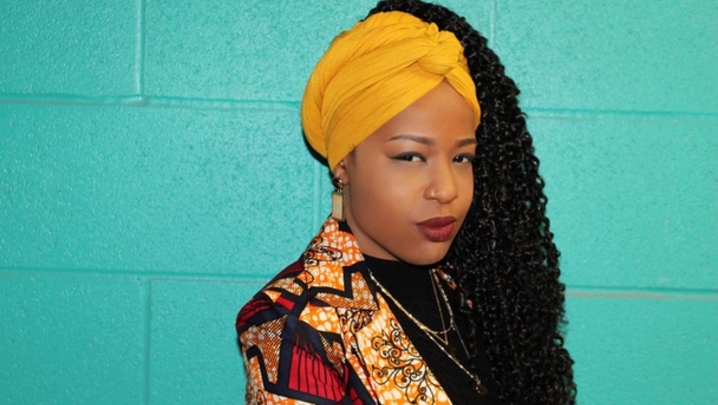Marcus Ryder offers advice to those starting out on their TV careers as he battles with Chinese censorship
If you are serious about television as a business you need to think internationally.” Those were the words of an executive producer speaking to me when I started work at the BBC in 1992.
It was five years before BBC Online officially launched and changed the meaning of “national broadcaster” for good. It was seven years before Endemol produced the first edition of Big Brother in the Netherlands, and we realised how real money could be made selling formats internationally.
And it was almost 25 years before “Netflix and chill” became a phrase heard around the world, challenging the very meaning of a “broadcaster” as streaming services crossed continents and time zones without a second thought.
But, back in 1992, when I was a trainee researcher, I ignored my executive producer. I continued to see TV in terms of a single country.
I think of that conversation quite often now. As a media executive myself, if I was talking to someone starting out, my advice would be: “If you are serious about television as a business, learn Chinese.”
China’s impact on the media landscape is significant, as Hollywood knows. The country has the second-largest box office in the world. It is expected to overtake the US in the next year. China can turn flops into hits. As I write, The Fate of the Furious (aka Fast and Furious 8), which pretty much bombed in the US, had just passed $300m at the Chinese box office.
Second, China wants to increase its media presence overseas. When it negotiates trade deals, TV is part of the mix. In a recent deal with Morocco, China made sure that a Chinese series dubbed in Arabic would be broadcast on the leading Moroccan TV channel, 2M.
Closer to home, during trade negotiations with the UK in 2015, China agreed that it would set up regional headquarters for CCTV News in London. I am told that this could happen as early as this year.
Chinese cable television provider StarTimes is seeing exceptional growth throughout Africa and is beaming original Chinese content into people’s homes. According to Digital TV Research, the broadcaster had 4.2 million subscribers at the end of 2016, and this could grow to 10.6 million by 2022.
And third, China wants to improve its journalism to become a global voice in the world of news.
What’s the evidence for this? I took up the position of chief international editor of CCTV News Digital in September 2016. CCTV News was the English-language version of China’s state broadcaster, China Central Television, which is, arguably, the world’s largest broadcaster. It wanted me to help relaunch its foreign news channel, starting with a name change, a change in editorial direction and a move away from focusing on television to a “mobile/digital-first” strategy. On 1 January this year we launched CGTN (China Global Television Network).
China may be “the future” but that doesn’t mean that working here is easy. A large part of my job is “capacity building” – training young (and not so young) journalists from around the world to cover stories in an objective and balanced manner. And instilling news values into journalists from countries where some of these elements have been, at best, dormant and, at worst, suppressed.
I attempt to do that while, at the same time, trying to avoid imposing so-called Western values. We use internationally recognised newswires as our primary sources, including the likes of Reuters, AFP and AP. We also rely on a network of journalists throughout China and the rest of the world.
I have good days, where I ensure that we report on LGBT issues, democracy protesters in Hong Kong and Chinese authorities faking pollution data. These are all issues that CCTV News would normally have shied away from before the relaunch.
But I also have bad days, when I fight and lose editorial battles over whether we should cover an Amnesty International report on China’s use of the death penalty.
Living in Beijing, it is increasingly evident to me that China will have a significant impact on the future of our media industry.
Whether you work in the UK or the US, the only questions in your mind should be: how big will that impact be, and how will you respond?
Marcus Ryder is chief international editor of CCTV News Digital, part of CGTN.






